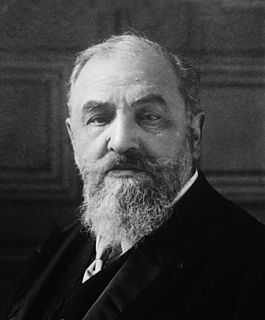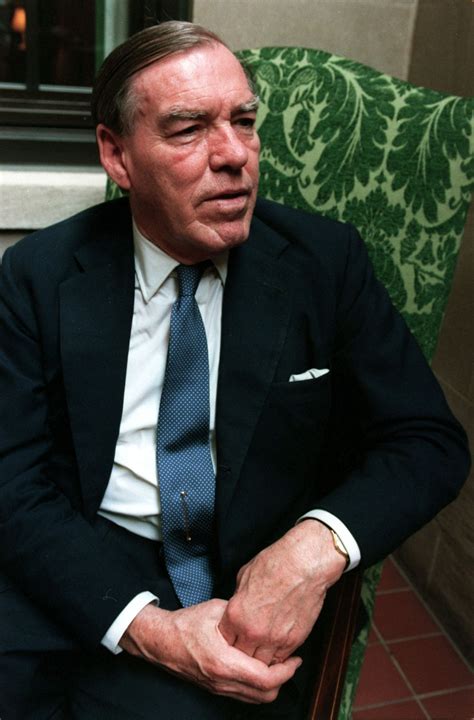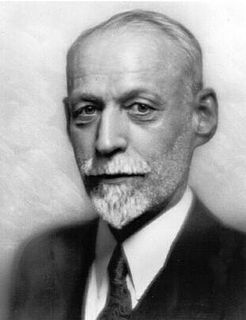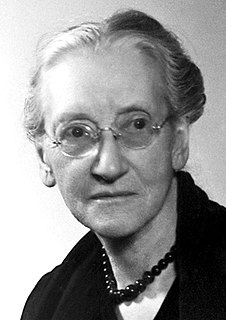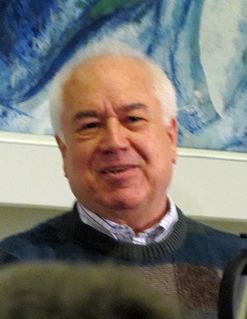A Quote by Tom G. Palmer
Libertarians recognize the inevitable pluralism of the modern world and for that reason assert that individual liberty is at least part of the common good.
Related Quotes
The Libertarians, of whom I'm rather fond, are running Harry Browne. Libertarians are, just as they claim, principled and consistent - they believe in individual liberty. Commendable as they are, and despite their reliability as allies in civil liberties struggles, you may notice that Libertarians sometimes prove that a foolish consistency is the hobgoblin of little minds, and that there is a difference between logic and wisdom.
John Stuart Mill believed that the only acceptable reason for government to limit a person's liberty was to prevent him from causing unacceptable harm to others. Mill was not a libertarian, but many libertarians are quick to cite this principle when arguing against a regulation that they oppose. And I believe most thoughtful libertarians are prepared to embrace something fairly close to Mill's harm principle. But accepting that principle implies accepting many of the institutions of the modern welfare state that libertarians have vigorously opposed in the past, such as safety regulation.
If every person has the right to defend - even by force - his person, his liberty, and his property, then it follows that a group of men have the right to organize and support a common force to protect these rights constantly. Thus, since an individual cannot lawfully use force against the person, liberty, or property of another individual, then the common force - for the same reason - cannot lawfully be used to destroy the person, liberty, or property of individuals or groups.
If conservatives really believed in individual liberty, as they endlessly claim and if they used both halves of their brains then they'd be libertarians. Instead, they sabotage themselves, and their cause, by constantly generating one spurious reason after another to deprive other people of their freedom.
In any society, order is the first need of all. Liberty and justice may be established only after order is tolerably secure. But the libertarians give primacy to an abstract liberty. Conservatives, knowing that "liberty inheres in some sensible object," are aware that true freedom can be found only within the framework of a social order, such as the constitutional order of these United States. In exalting an absolute and indefinable "liberty" at the expense of order, the libertarians imperil the very freedoms they praise.
To assert that it is possible to establish peace between men of different nations is simply to assert that man, whatever his ethnical background, his race, religious beliefs, or philosophy, is capable of reason. Two forces within the individual contribute to the development of his conscience and of his morality: reason and sensitivity.
We are thankful for these and all the good things of life. We recognize that they are a part of our common heritage and come to us through the efforts of our brothers and sisters the world over. What we desire for ourselves, we wish for all. To this end, may we take our share in the world's work and the world's struggles.
When I came here [to Malaysia] I heard that there is a problem with the concept of pluralism whereby pluralism is understood in a very narrow way, which I think is wrong. This is not to diminish your sense of truth in what you believe but to acknowledge the fact that we live in a world where we need to deal with pluralism. It's a fact.
Religious-liberty protections are one way of achieving civil peace even amid disagreement. The United States is a pluralistic society. To protect that pluralism and the rights of all Americans, of whatever faith they may practice, religious-liberty laws are good policy. Liberals committed to tolerance should embrace them.








